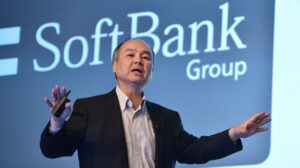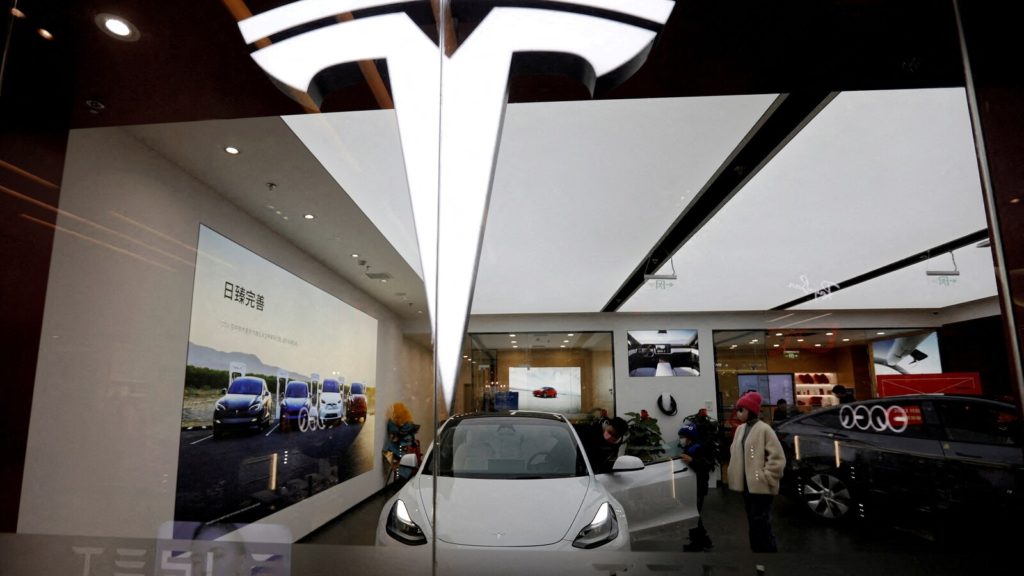|
Getting your Trinity Audio player ready...
|
Tesla has officially launched sales of its Model Y rear-wheel drive car in South Korea, according to the automaker’s website. Priced at 56.99 million won ($45,139), the vehicle is now eligible for the maximum rate of government subsidies in the country.
The Model Y, which offers a driving range of 350 kilometers (217.48 miles) and a top speed of around 217 km per hour, is expected to be delivered to customers between August and September, as stated by Tesla. Reports from local media indicate that the Model Y cars being sold in South Korea are manufactured in China. Tesla Korea’s tweet announcing the sale included a video showcasing the production of cars at the company’s Gigafactory in Shanghai and their shipment.
With government subsidies and Tesla’s referral program, customers may see the price reduced even further to below 50 million won. In Seoul, consumers can receive subsidies of up to 8.6 million won for electric vehicles (EVs) priced below 57 million won.
Tesla’s entry into the South Korean market comes as the demand for EVs continues to grow in the country. South Korea has been actively promoting the adoption of electric vehicles through various incentives, including subsidies, to reduce carbon emissions and combat air pollution. The government’s support, combined with the arrival of Tesla’s Model Y, is expected to boost the EV market further and attract more consumers to make the switch to electric vehicles.
Tesla’s Model Y, known for its versatility and popularity, has already gained significant traction in other markets. The compact SUV has become one of Tesla’s best-selling vehicles globally, and its availability in South Korea is likely to attract considerable attention from consumers seeking a high-performance electric vehicle with an extended driving range.
The launch of the Model Y in South Korea marks another milestone for Tesla as it expands its global presence and continues to lead the way in the electric vehicle industry. With its cutting-edge technology, extensive charging infrastructure, and a growing network of service centers, Tesla aims to capitalize on the growing demand for electric vehicles and solidify its position as a key player in the South Korean market.
Tesla’s entry into the South Korean market not only strengthens its global presence but also intensifies the competition among electric vehicle manufacturers in the country. While Tesla has already gained a strong following and brand recognition worldwide, it will face stiff competition from established local players such as Hyundai and Kia, as well as other international automakers like BMW and Volkswagen.
Hyundai and Kia, in particular, have been dominant forces in the South Korean EV market, with successful models like the Hyundai Kona Electric and Kia Niro EV. These companies have a strong foothold and a deep understanding of the local market, which could pose a challenge for Tesla as it seeks to establish itself.
However, Tesla’s reputation for cutting-edge technology, high-performance vehicles, and its supercharger network could give it an advantage. The Model Y’s combination of range, speed, and versatility is likely to attract environmentally conscious consumers who are looking for a premium electric SUV experience.
Additionally, Tesla’s focus on sustainability and commitment to reducing carbon emissions aligns well with the South Korean government’s green initiatives. The government has set a goal of having 33% of new vehicles sold in the country be electric by 2030, further demonstrating the potential for growth in the EV market.
Tesla’s arrival may also have a positive impact on the charging infrastructure in South Korea. The company’s investment in supercharger stations and its expertise in building an extensive charging network could drive further development and accessibility of charging facilities across the country.
As Tesla expands its operations in South Korea, it is expected to bring economic benefits as well. The company’s presence will create job opportunities and stimulate the local economy through investments in sales and service centers, as well as potential collaborations with local suppliers.
The launch of the Model Y in South Korea not only signifies Tesla’s commitment to sustainable transportation but also serves as a catalyst for the broader adoption of electric vehicles in the country. With its established brand, advanced technology, and growing global reputation, Tesla is well-positioned to make a significant impact on the South Korean EV market and become a major player in the years to come.



